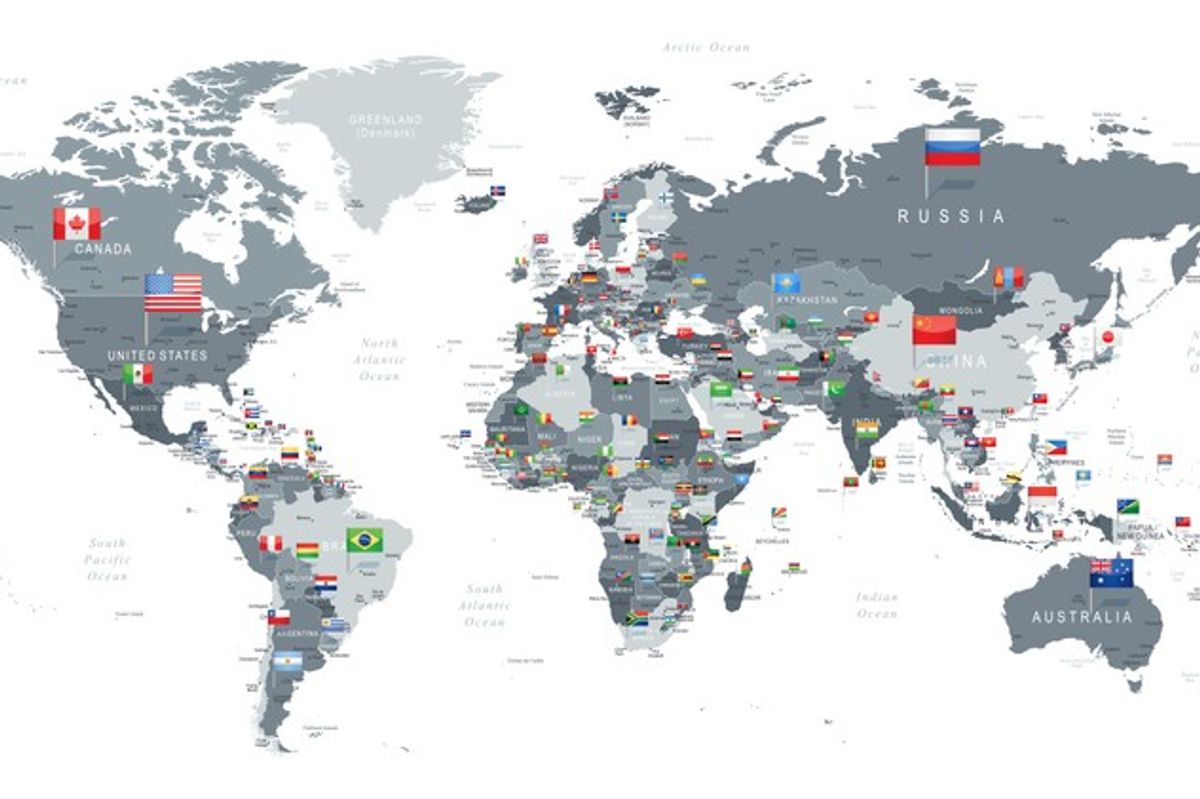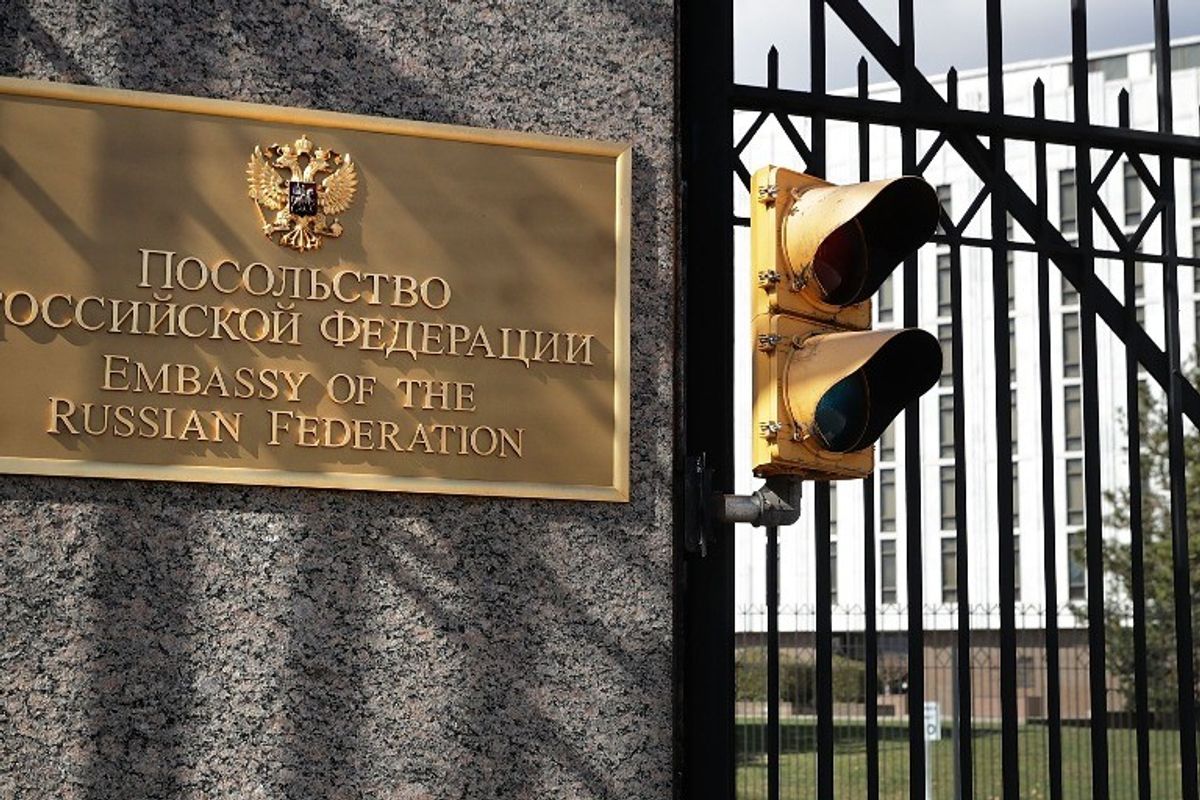Britain’s Supreme Court ruled Tuesday that the UK Parliament must vote to approve the triggering of Article 50 of the Lisbon Treaty to begin the country’s withdrawal from the European Union, but the devolved governments of Scotland, Northern Ireland, and Wales have no say.
The opposition Labour Party said it will not attempt to block Brexit, although it will try to use the legislative process to shape the deal with Brussels. David Davis, the minister overseeing Brexit, said, “Parliament will rightly scrutinize and debate this legislation, but I trust no one will seek to make it a vehicle for attempts to thwart the will of the people, or frustrate or delay the process of exiting the European Union.”
The timing of when Article 50 will be triggered, however, remains in the air. The government has said the Supreme Court ruling will not delay Prime Minister Theresa May’s plan to start Brexit talks with the EU by the end of March and the government will send legislation to Parliament within a few days.
Yet Phillip Souta, the head of UK public policy at law firm Clifford Chance, told the AP, “Parliament remains divided and the outcome of the negotiations remain unknown … Defeat in the House of Lords would not stop Brexit from happening, but it could delay it until mid-2020.”
“Unfortunately for businesses and other institutions,” Souta added, “Brexit still means uncertainty.”
Desmond Lachman, a resident fellow at American Enterprise Institute, told The Cipher Brief he expects “considerable pound weakness over the next few months as firms especially in the financial sector start relocating operations out of the UK and into Europe to maintain access to the single market.”
Yet if the UK looks like it will be able to procure a bilateral trade deal with the United States and other nations around the world, the economic impact of Brexit could seem less severe.
In a Jan. 17 speech, May said Brexit is about creating a “stronger, fairer, more united, and more outward-looking” UK that once again becomes “a great global trading nation that is respected around the world.”
President Donald Trump “has said Britain [is at the] front of the line,” when it comes to a trade deal, she said.
May will meet with Trump in Washington on Friday.
The Supreme Court’s decision adds fuel to pro-independence Scottish First Minister Nicola Sturgeon’s fire. Ever since last year’s Brexit referendum, in which a majority of Scots voted to remain in the EU while 52 percent of the overall UK population voted to leave, Sturgeon has advocated an independence referendum. This could allow Scotland to secede from the UK and, thus, remain in the EU.
According to the Court in Tuesday’s ruling, “Relations with the EU and other foreign affairs matters are reserved to UK Government and parliament, not to the devolved institutions.”
Sturgeon said that “raises fundamental issues above and beyond that of EU membership.”
“Is Scotland content for our future to be dictated by an increasingly right-wing Westminster government with just one MP here, or is it better that we take our future into our own hands?” she asked.
“I think Nicola Sturgeon is a happy camper with this outcome because she will get another referendum on Scottish independence,” Steven Schneebaum, an international law attorney based in Washington, told The Cipher Brief. Schneebaum added that this time around, he thinks voters will choose to leave the UK.
However, a referendum is not legally binding – that is the major finding of today’s Supreme Court ruling. With its decision, the Court basically said referenda are “fun” and governments have full authority to call them, but sovereignty – with respect to legal matters – lies in the hands of Parliament, said Schneebaum.
“It’s a win-win in a sense,” he said, adding, “It’s an assertion of parliamentary responsibility which all Brits should be happy with and at the same time it doesn’t threaten the outcome because the Prime Minster has already said that she is resolved to take the United Kingdom out of the European Union.”
Prime Minister May outlined her plan for a so-called “hard” Brexit in her Jan. 17 speech.
May originally campaigned on the pro-EU side, but upon becoming Prime Minister has resolved that the British people have spoken and they must be listened to.
In a similar vein, if a Scottish independence referendum is held and voters choose to secede, it would be politically difficult for London to ignore that result.
How would you “package that in a way that doesn’t sound like King George III” ignoring what the citizens say, Schneebaum asked.
But the question remains whether Scots would vote for independence – especially if a strong bilateral trade deal with the U.S. looks like a solid possibility.
Kaitlin Lavinder is a reporter with The Cipher Brief. Follow her on Twitter @KaitLavinder.












